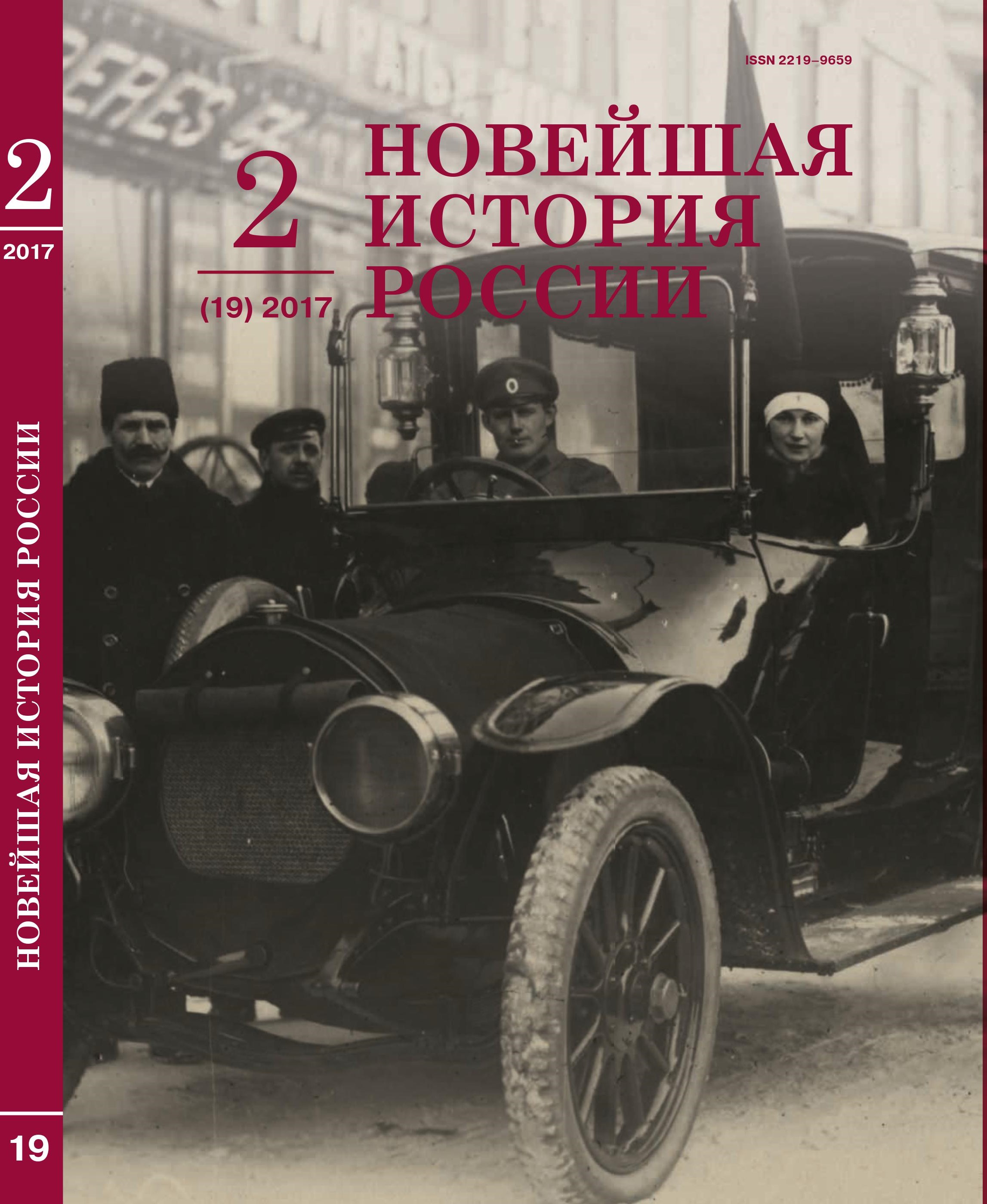Развитие советско-японских связей в сфере литературы в 1920–1930-е годы
The Soviet-Japanese Relations in the Sphere of Literature in 1920–1930
Author(s): D. V. KibaSubject(s): History, Cultural history, Social history, Recent History (1900 till today), Interwar Period (1920 - 1939)
Published by: Издательство Исторического факультета СПбГУ
Keywords: naturalism; humanism; language-mediator; proletarian literature; the Society of Russian-Japanese mutual help; Proletarian writers union; Japanese-Russian literary and artistic society; defense literat
Summary/Abstract: The article examines the Soviet-Japanese interaction in the sphere of literature in 1920–1930. The degree of the Russian classical tradition influence on Japanese culture is traced. The contribution of Waseda University, public figures, Japanese writers, is revealed in the development of literary connections of both countries. It is stated contribution of publishers “Shunji”, “Osaka Mainichi” newspaper, “Sincio” to popularization of Russian literature in Japan. Provided that the publishers were active participants in the process of literary interaction, financing and organizing literary projects in Japan. The author notes that what a significant role in the spread of Soviet literature played a bookselling company “Science” and its creator Otake Hirokiti, the import of Soviet books in Japan during the second half of 1930. This article is devoted to the activities of the representatives of the Russian intelligentsia — V. A. Bubnovoy, A. N. Tolstoy, is attached to the establishment of the Soviet-Japanese literary interaction significant efforts. Basing on archival documents and periodicals materials, the author reveals the influence of the social revolution ideas on the development of Japanese proletarian literary process. The forms of interaction of Japanese proletarian literary unions and liberal public organizations with Soviet social literature are determined. It describes the participation of Japanese proletarian writers in the International association of Revolutionary Writers (MORP). It describes the conflict between the Union of Japanese workers and peasants and workers of art and MORP, the outcome of which was the elimination of the Japanese section. The factors, complicating literary convergence of USSR and Japan in 1930, are found out. The article traces soviet criticism reaction to of the appearance of a militaristic movement of Japanese literature. Its representatives recently created works that contribute to the mobilization of national spirit and represent the conflict with the USSR inevitable prospect. Ideological closeness of the Japanese and Russian nations, the interest to the proletarian culture and Soviet Russia helped to bring the two literary traditions, the formation among the intelligentsia of the two countries tolerant layer professionals who are familiar with the culture of “foreign” nation.
Journal: Новейшая история России
- Issue Year: 7/2017
- Issue No: 19
- Page Range: 130-143
- Page Count: 14
- Language: Russian

